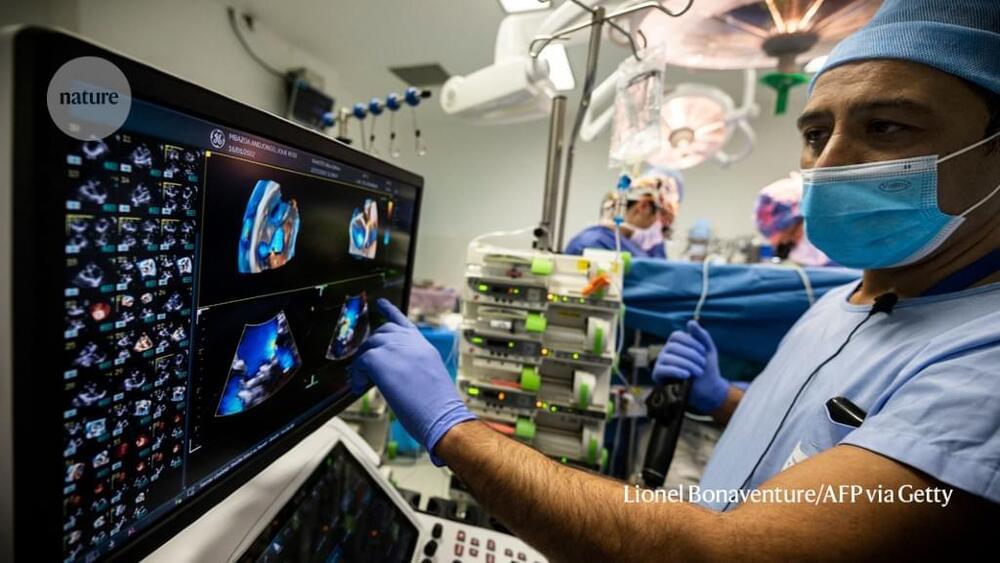“We want the robot to ask for enough help such that we reach the level of success that the user wants. But meanwhile, we want to minimize the overall amount of help that the robot needs,” said Allen Ren.
A recent study presented at the 7th Annual Conference on Robotic Learning examines a new method for teaching robots how to ask for further instructions when carrying out tasks with the goal of improving robotic safety and efficiency. This study was conducted by a team of engineers from Google and Princeton University and holds the potential to design and build better-functioning robots that mirror human traits, such as humility. Engineers have recently begun using large language models, or LLMs—which is responsible for designing ChatGPT—to make robots more human-like, but this can also come with drawbacks, as well.
“Blindly following plans generated by an LLM could cause robots to act in an unsafe or untrustworthy manner, and so we need our LLM-based robots to know when they don’t know,” said Dr. Anirudha Majumdar, who is an assistant professor of mechanical and aerospace engineering at Princeton University and a co-author on the study.
For the study, the researchers used this LLM method with robotic arms in laboratories in New York City and Mountain View, California. For the experiments, the robots were asked to perform a series of tasks like placing bowls in the microwave or re-arranging items on a counter. The LLM algorithm assigned probabilities on which would be the best option based on the instructions, and promptly asked for help when a certain probability threshold was achieved. For example, the human would ask the robot to place one of two bowls in the microwave but would not say which one. The LLM algorithm would then trigger, causing the robot to ask for additional help.









